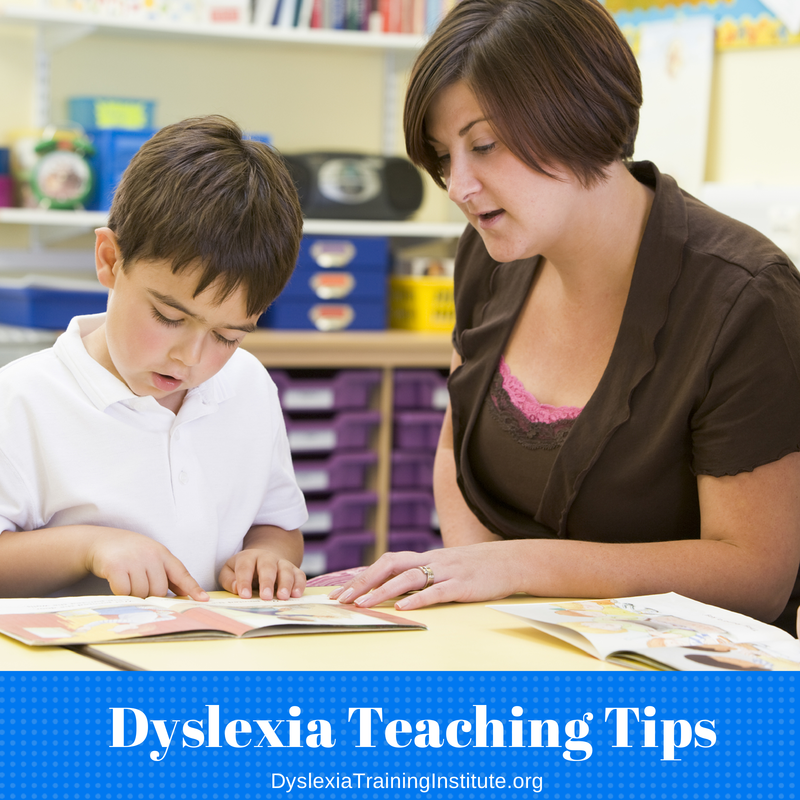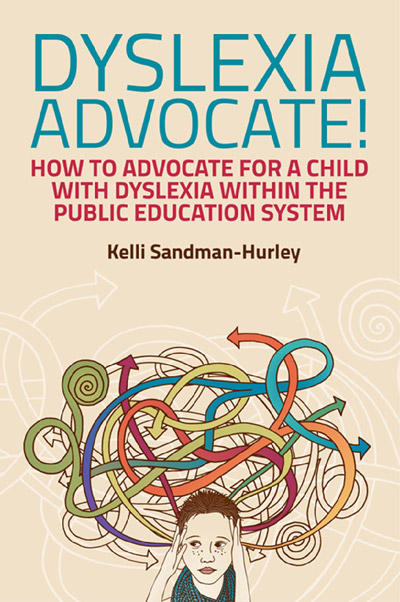 The purpose of Misspelled Word of the Day is not to try to make everyone a perfect speller, it is to point out what we learn from misspellings and then how to teach the student the misspelled word of the day. Important note: the intention is not to teach students to spell every word in the English language, of which there are more than one million, the intention is to teach the student to think about words differently and learn to question spellings.
The purpose of Misspelled Word of the Day is not to try to make everyone a perfect speller, it is to point out what we learn from misspellings and then how to teach the student the misspelled word of the day. Important note: the intention is not to teach students to spell every word in the English language, of which there are more than one million, the intention is to teach the student to think about words differently and learn to question spellings.
Misspelled Words of the Day – Does and Goes
So let’s start with two misspelled words of the day, because they share a structure. I heard from several people that their students were spelling <dose> for <does> and <gose> for <goes>.
What does this misspelling teach us? The student who spells these words incorrectly does not understand the true meaning of a word family (versus a rhyming family) and that the pronunciation of a word will change, but the spelling will not.
It will only take two words to demonstrate this concept. Ask the student to think about the words <does> and <goes> and then have them explain to you what they mean, this may be enough to get them to understand the spelling. (*Important Note: It is fruitless to have a student try to spell a word that they do not have in their vocabulary.) Then, teach the student to look for the morphemes (smallest meaningful part of a word) in this case they are <do> , <go>, and <es> for the words Once those morphemes are identified in <does> and <goes> something remarkable happens, they reveal themselves as regular after all, and presents the perfect opportunity to explain that the way we pronounce words changes over time, but the spelling does not. Now show them the word sums below and have them write the word sum and pronounce each letter before pronouncing the word. Have them read each word in succession so they can see (and feel) the pronunciation change while noticing that the spelling doesn’t change. For an added bonus, you can now explain <gone> and <done> too.

Homework: If you have a student that misspells these words, do this exercise with them and report back!






I had 3 dyslexic girls in the late 1960’s & early 70’s….Finally after 3 schools we moved to a larger school district where someone knew something about dyslexia. It was difficult for them and all three took 1 grade over……only the older one dropped out of high school, but all three have had difficulty believing in their self worth even though they are extremely bright and have done very well in life. Three have traveled a great deal and the youngest has won many awards in her work.
We live on the West Coast and camped and hiked a great deal with the girls – I wanted to give them many opportunities that I had not had…..however, when we got divorced it was a huge blow to them and proved more very difficult times.
I have been homeschooling my dyslexic son long enough to know we need to learn more “tricks” like this. Is there a book or other source that gets into word structure like this?